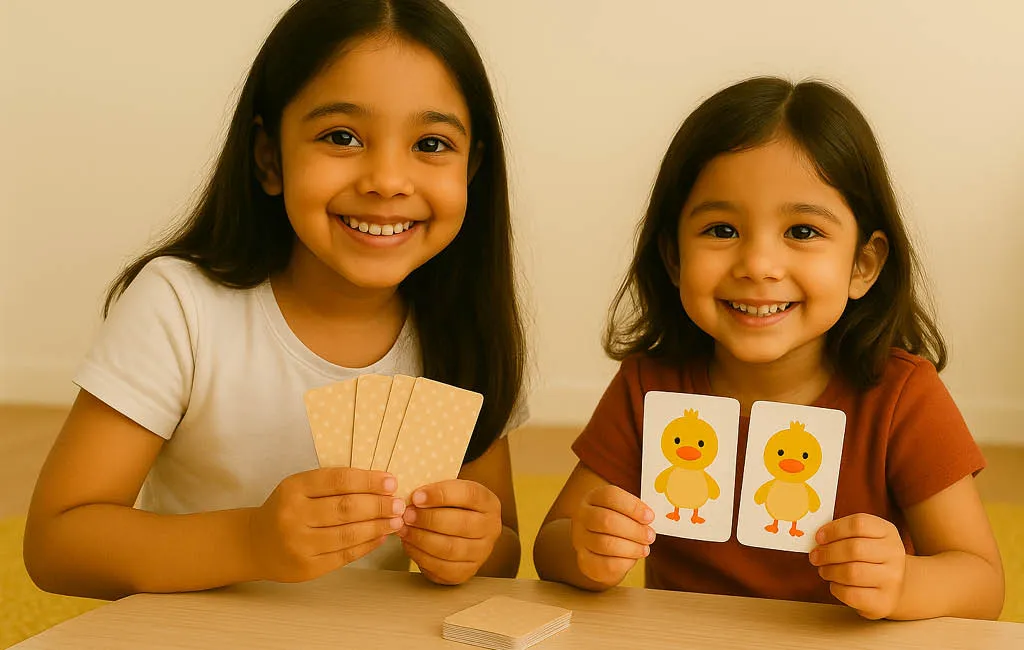Encouraging concentration at preschool age
Preschool children usually have limited concentration spans and are easily distracted by their surroundings. However, as they get older, they become better at maintaining their concentration for longer periods, finishing activities, and listening attentively. Good concentration makes learning at school easier and helps children absorb and understand information more effectively. As a parent, you always have the opportunity to support your child's concentration. A structured environment and a daily routine with set times for sleeping, eating, and playing can significantly improve concentration. Educational games, puzzles, and creative activities such as crafting, coloring, or kneading in a quiet learning environment without distracting noises, along with a well-organized play area, also have a positive effect on concentration. Remember that regular exercise is particularly important for children to reduce stress and feel good as a result. Equally important is a supportive environment where children feel safe and valued. Take time for your child, listen to them, and answer their questions. In this way, you will promote both your child's concentration and self-confidence.



















